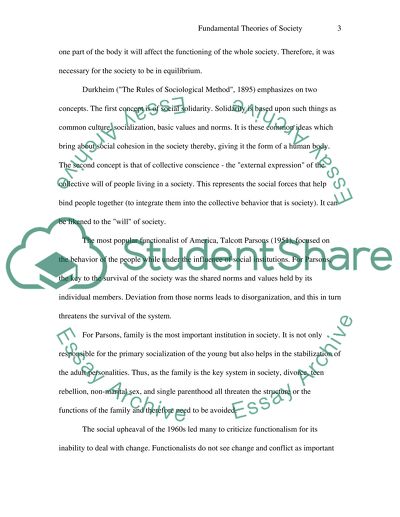Cite this document
(Functionalist and Conflict Perspectives Article, n.d.)
Functionalist and Conflict Perspectives Article. Retrieved from https://studentshare.org/sociology/1576654-major-theoretical-perspectives
Functionalist and Conflict Perspectives Article. Retrieved from https://studentshare.org/sociology/1576654-major-theoretical-perspectives
(Functionalist and Conflict Perspectives Article)
Functionalist and Conflict Perspectives Article. https://studentshare.org/sociology/1576654-major-theoretical-perspectives.
Functionalist and Conflict Perspectives Article. https://studentshare.org/sociology/1576654-major-theoretical-perspectives.
“Functionalist and Conflict Perspectives Article”, n.d. https://studentshare.org/sociology/1576654-major-theoretical-perspectives.


